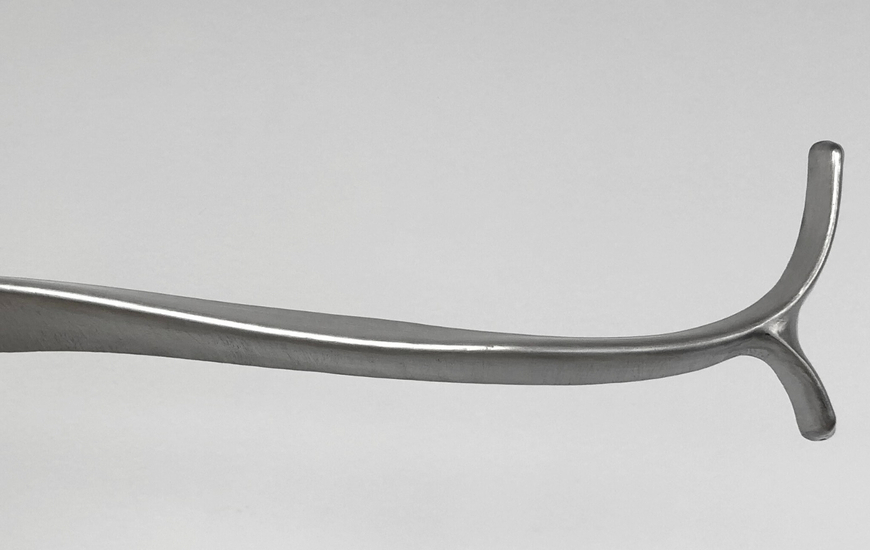Ultima Forma and Polar Technology are collaborating to expand the adoption of carbon fibre composite (CFRP) materials for aerospace applications.
By combining their technologies, they will achieve improvements in the ability of CFRP to withstand the thermal and erosion requirements of the most demanding environmental conditions.
Leading edges of propeller blades and other aerodynamic structures are vulnerable to continual erosion from grit, sand, ice and water droplets, or damage in highly stressed areas encouraging crack propagation resulting in catastrophic failure. Protecting these areas with a thin layer of metal on the surface can extend the lifetime by a factor of 10.
An electro-deposited erosion protection layer, as developed by Ultima Forma, can be carefully controlled, readily adapted to different designs, and importantly, scaled through automation as the volumes of propeller blades increase, e.g. with the UK's new eVTOL entrants.
Ultima Forma's patented material systems are tailored to meet the environmental challenges of different components. These include functionally graded, resilient, thickness-controlled metals at different locations made by an automated manufacture process. Only the electro-deposited metal is required, minimising weight and mass distribution. The metallization process is a low energy, zero waste, net-shape manufacture, operating close to room temperature, minimising the carbon footprint of both the manufacture processes and the product.
Polar Technology, Oxfordshire-based specialists in composite and metallic technology, will be producing the aerofoil-shaped composite components, which the erosion protection layer will be applied to. This project is reflective of the company’s current strategy, with more than 10,000 eVTOL aircraft deliveries expected to be made by 2040, each reliant on several multi blade rotor assemblies for propulsion. This means that the blade and propeller market is a key focus for Polar Technology’s engineering team.
-

-
26 July 2024
























